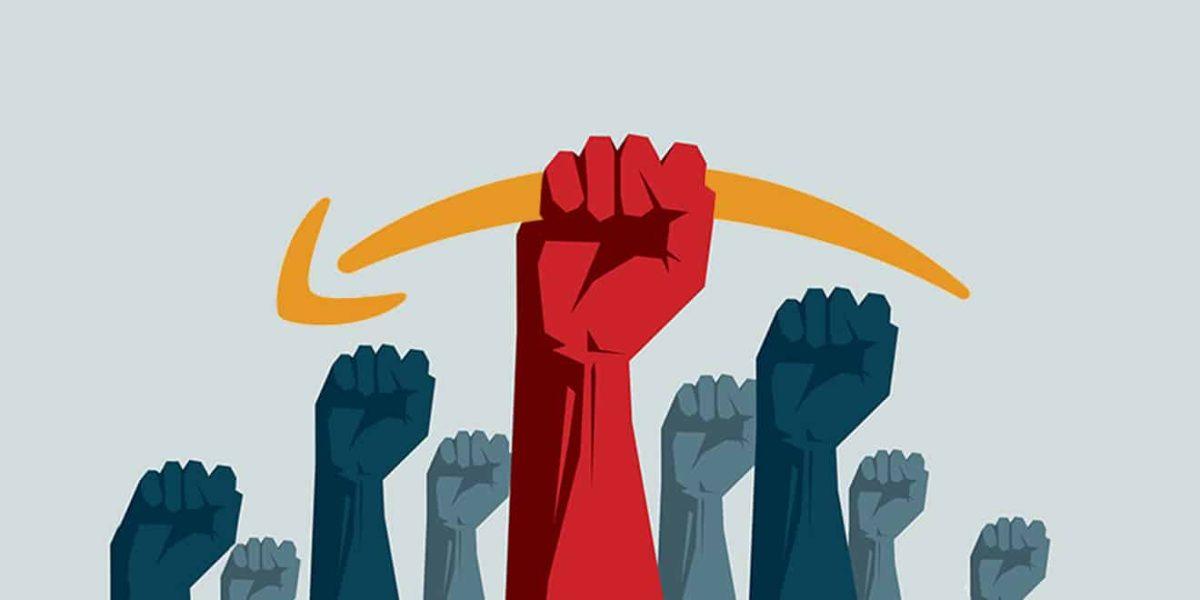The price of convenience is not free despite what Amazon’s free two-day, one-day, or same day delivery services may lead consumers to believe. Ordering that twelve-pack of bamboo straws to help save the turtles may help you sleep at night, but many are left unaware of the major consequences e-commerce continues to threaten the environment with.
While ordering from online retailers may reduce emissions compared to individuals driving to and from stores for themselves, UPS reported in 2017 that “e-commerce growth continued to drive unprecedented package volume, and, in our business, more package volume means more miles and emissions.”
Described as the “efficiency paradox” by OZY, lower costs and free returns allow consumers to order in higher quantities, therefore requiring a larger volume of “packaging, plastic foam, and plastic wrap.”
Even amidst backlash from employees advocating for reform in company practices to reduce Amazon’s carbon footprint (which has yet to be disclosed), they continue to build up their delivery fleet from sprinter vans to Boeing 737s. The move was announced this June after FedEx did not renew their air cargo service contract, leading to the expansion of Amazon Air with the intention of having 70 aircrafts as a part of their network by 2020.
In support of the Global Climate Strike, over 1,000 Amazon Seattle headquarters employees plan to walkout on September 20. The protest is led by Amazon Employees for Climate Justice, a group organized in late 2018 who demanded change from Jeff Bezos in an open letter signed by over 8,000 employees at Amazon’s annual shareholder meeting in May.
Their proposal, which requested Amazon’s board of directors to publish a public report on climate change, was denied due to Amazon’s Shipment Zero plan. According to an interview from the Guardian with Amazon Air senior product manager Rebecca Sheppard, “The week after leadership found out this letter was being circulated internally, Amazon announced Shipment Zero, our company’s first ever commitment to reduce shipping emissions… it was clearly done in response to our letter.”
While Shipment Zero pledges to “reach 50% of all Amazon shipments with net zero carbon by 2030,” as disclosed by Amazon’s blog “Day One,” Sheppard says that the plan will only apply to package delivery and not Amazon’s data centers. A Gizmodo investigation found that Amazon Web Services is “selling its fossil-fuelled cloud to oil, gas, and coal companies, to help them better find and extract more fossil fuels.”
In response to this information, Amazon Employees for Climate Justice are advocating for three policies: zero emissions (instead of the 50% net zero emission deliveries), termination of all Amazon Web Services contracts with fossil fuel business, and to eliminate funding towards any climate-change-denying politicians or lobbyists.
Being that Jeff Bezos is the wealthiest individual alive, if there is any company that holds the capacity to innovate for the future unlike anyone else, it’s Amazon. While employee emission-control demands may sound like tall orders, climate change is incredibly time-sensitive, and needs to be addressed right away. Amazon managed to transform the e-commerce world, and the same should apply to revolutionizing greener company practices.



































